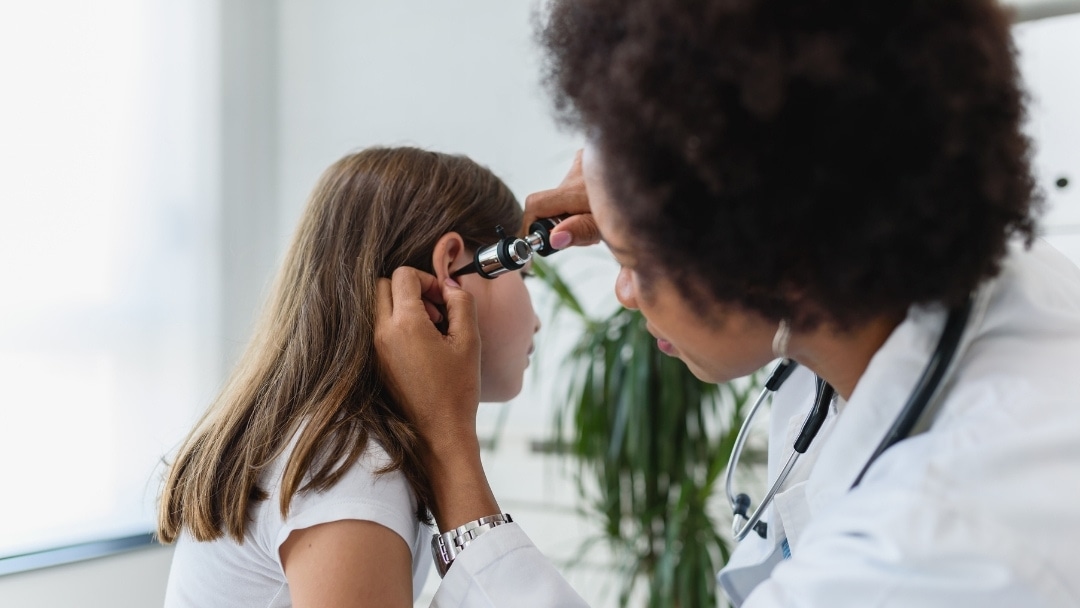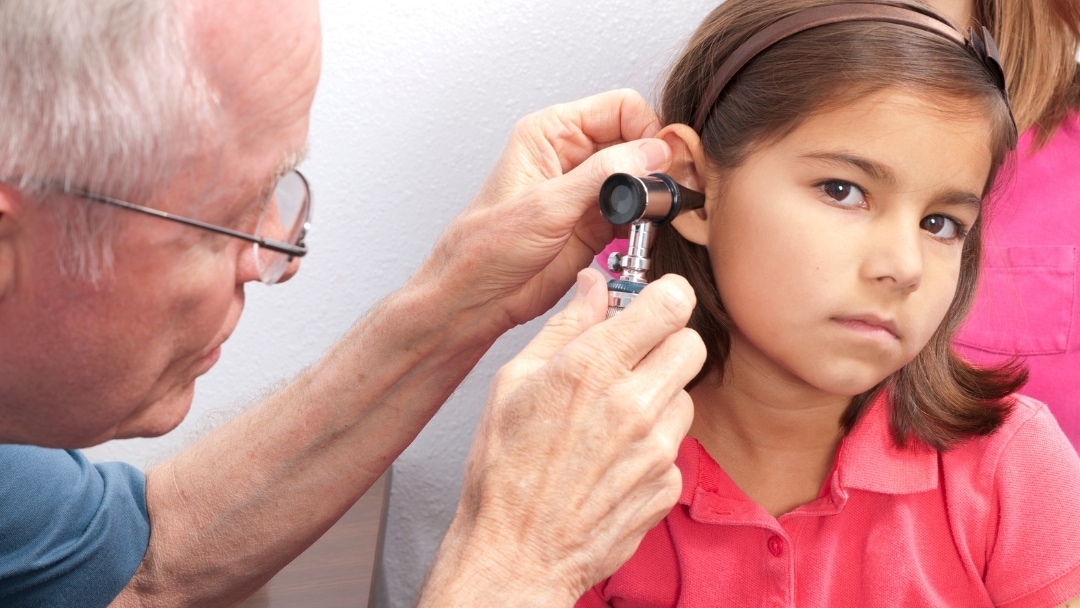Alan R. Gaby MD discusses ear infection treatment and prevention, including whether or not your child may need ear tubes.
One of the most common medical problems in children, surpassed only by colds and sore throats, is otitis media, inflammation of the middle ear. Nearly one-third of all two-year-olds will have had three or more episodes. The annual cost of diagnosing and treating this condition exceeds $2 billion.
Although typically treated with antibiotics, acute ear infections usually run their course without treatment. Doctors disagree whether long-term antibiotic therapy is advisable for children who suffer recurrent infections. Although such treatment does prevent recurrence, benefits are limited.
Are Ear Tubes Necessary?
More controversial is whether children with chronic ear infections should get ear tubes. The tubes’ purpose is to equilibrate pressure on both sides of the eardrum, thereby improving hearing and preventing problems with speech development and learning. However, putting a hole in the eardrum can allow bacteria to enter the middle ear.
Research shows that improved hearing lasts only six months and that inserting tubes may actually worsen hearing. Furthermore, because no proof exists that repeated ear infections cause any kind of permanent problem, tubes may often be inappropriate.
Effect of Sugar
I suspect that sweets and sugar have several effects on the body, depending on the amount consumed and on individual susceptibility. Certainly large amounts, and probably moderate doses consumed for long periods, directly suppress the immune system.
Sugar can also have an indirect effect, by depleting the nutrients necessary to support a healthy immune system. Sugar provides no vitamins or minerals.The average American diet, containing 19% sugar, provides 19% less vitamins C, A, and B6, zinc, folic acid, and other key nutrients. Since each of these contributes to immune function, deficiencies may increase susceptibility to infection or allergies.
Studies show that diets containing just 10% sucrose can halve the ability to manufacture antibodies. Ingestion of refined sugars can also inhibit the ability of white blood cells to engulf and kill bacteria. This effect is greatest about two hours after sugar consumption and persists for at least five hours.
Some children are hypersensitive to sugar. Fortunately, restricting refined sugar often reduces ear infections.
Food Allergy
Food allergy is probably the most important and definitely the most overlooked cause of ear infections. Since 1942, studies have reported a relationship between food allergy and otitis media. Italian researchers found that allergy causes the Eustachian tubes to swell, thereby blocking the outflow of fluid from the middle ear.
Other doctors found that 78% of 104 children with otitis media tested positive for food allergies. Excluding offending foods for 11 weeks led to significant improvement in most. Subsequent challenges with suspected foods led to a flare-up of otitis in 66 of 70 cases. This report confirms innovative practitioners’ impression that most children with chronic ear infections improve significantly when food allergies receive attention.
In my experience, at least 75% of children with otitis media improve dramatically after offending foods are identified and eliminated. The most common symptom-evoking foods are sugar, dairy products, wheat, corn, egg, citrus, and chocolate. I typically recommend an elimination diet with all common allergens avoided simultaneously. Usually, symptoms improve or disappear within three weeks. Then, I test foods individually, watching for recurrence of symptoms with each food challenge.
Five years ago, I saw a 3-year-old who had had two years of persistent ear problems despite continuous antibiotic therapy. She cleared up completely after a two-week elimination diet. However, within 20 minutes of testing corn, she was crying from pain; within 60 minutes, pus drained from her ear. Eliminating corn solved her ear problems; she has remained free of infections.
Nutritional Supplements
Nutritionists frequently recommend supplements to help fight infections and allergies. Zinc, vitamin A and vitamin C stimulate the immune system to resist infection. Vitamin C also has an antihistamine effect. (Because too much vitamin A or zinc can cause toxicity, appropriate doses should be carefully prescribed by a knowledgeable practitioner.)
Children with recurrent ear problems commonly have nutritional deficiencies. Continually battling infections and allergic reactions probably stresses their nutritional status. Ingesting allergens may damage the stomach and small intestine, resulting in reduced absorption of nutrients. Broad-spectrum, hypoallergenic, multiple vitamin and mineral supplements are sensible for most children with chronic ear problems.
Summary
Scientific research and clinical experience show that dietary modification, sometimes combined with nutritional supplements, is an effective treatment for most children suffering from recurrent otitis media. Doctors who refute food allergy as a cause of otitis media disregard medical literature. Instead of antibiotics and surgical implantation of tubes, a nutritional approach can achieve optimal results.
Still Looking for Answers?
Visit the Epidemic Answers Provider Directory to find a practitioner near you.
Sources & References
Adams, J.D., et al. Otitis Media and Related Complications Among Children with Autism Spectrum Disorders. J Autism Dev Disord. 2016 May;46(5):1636-42.
Frieri, M. Asthma linked with rhinosinusitis: An extensive review. Allergy Rhinol (Providence). 2014;5(1):41-9.
Juntti, H., et al. Cow’s milk allergy is associated with recurrent otitis media during childhood. Acta Otolaryngol. 1999;119:867–873.
Konstantareas, M.M., et al. Ear infections in autistic and normal children. Journal of Autism and Developmental Disorders. 1987 Dec;17(4):585-94.
Nsouli, T.M. The role of food allergy in serious otitis media. Ann Allergy 1991; 66:91.
Ramakrishnan, J.B.. The role of food allergy in otolaryngology disorders. Curr Opin Otolaryngol Head Neck Surg. 2010;18:195–199.
Zemotti, E.M., et al. Otitis media with effusion and atopy: is there a causal relationship? World Allergy Organ J. 2017; 10(1): 37.
Resources
Books
Schmidt, Michael. Healing Childhood Ear Infections. 1996.




